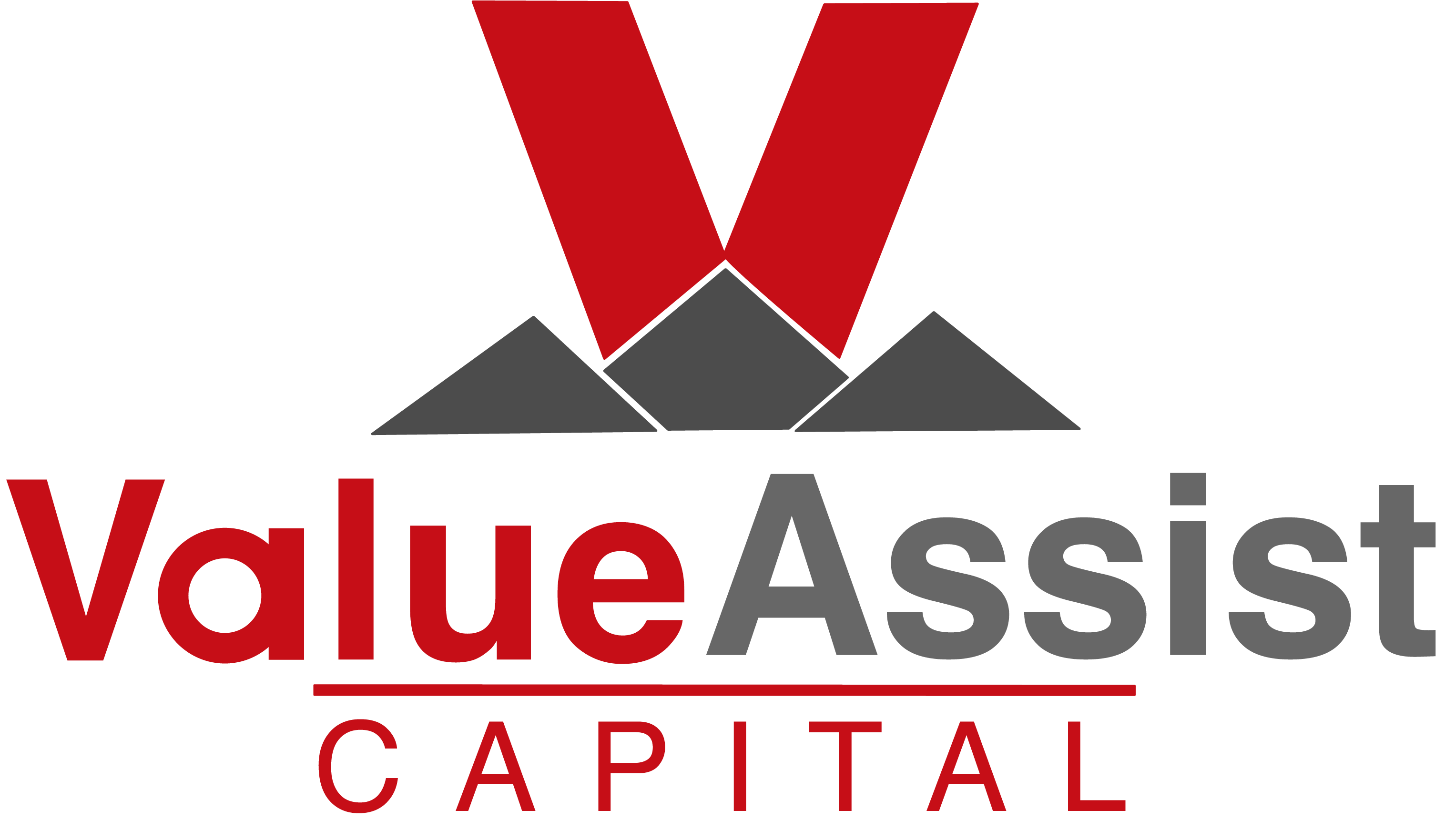Invoice Factoring for Absolute Beginners
That is perfectly fine if you have heard the term factoring but have no idea what it means. Many small business owners start without knowledge of short-term business financing options because they aren’t discussed outside of the small group of people who rely on them. When you use a non-recourse financing method to get cash from unpaid invoices, that is working with a factor. It means you have sold the right to collect on those invoices for less than face value, and the factor has now assumed the risk involved if customers do not pay.
Why Get an Advance Against Invoice Payments?
Many companies that work on invoice billing models wind up with long and unpredictable wait times for payments from at least some customers. In industries where invoice-plus accounting is expected, the standard payment window could reach as much as 90 days, so even customers who pay on time leave you with a long wait between completing an order and seeing your profit.
Selling invoices for less than face value means accessing income when you need it, with a predictable cost model that gets better the longer you work with a single factoring company to finance your cash flow needs. You can use this service once to get working capital for a particular project, but the opportunity to set regular pay dates and fold the cost of the factor into the bill is quite attractive, considering how simple that makes meeting your outgoing cash flow obligations.
Preparing Your First Application
Preparing for invoice-based financing is simpler than most term loan applications, and approval times are usually quite fast. Five days from submission to cash in hand is quite common, and regular clients usually get faster service. Some of the speed of processing depends on your ability to swiftly handle requests for clarification or new information, however, many factoring services reach a tentative approval before requesting more detailed information.
Your initial application should include basic business information, including your tax ID number. You’ll also need to include bank receipts, your ledger, and the invoices themselves because financing companies need to see what your customer payment histories look like to set themselves an expectation about when payments should come in if things go smoothly. As with any financing application, you need to consult the individual factoring programs you intend to use for details about their specific information needs because each one is just a little different.



